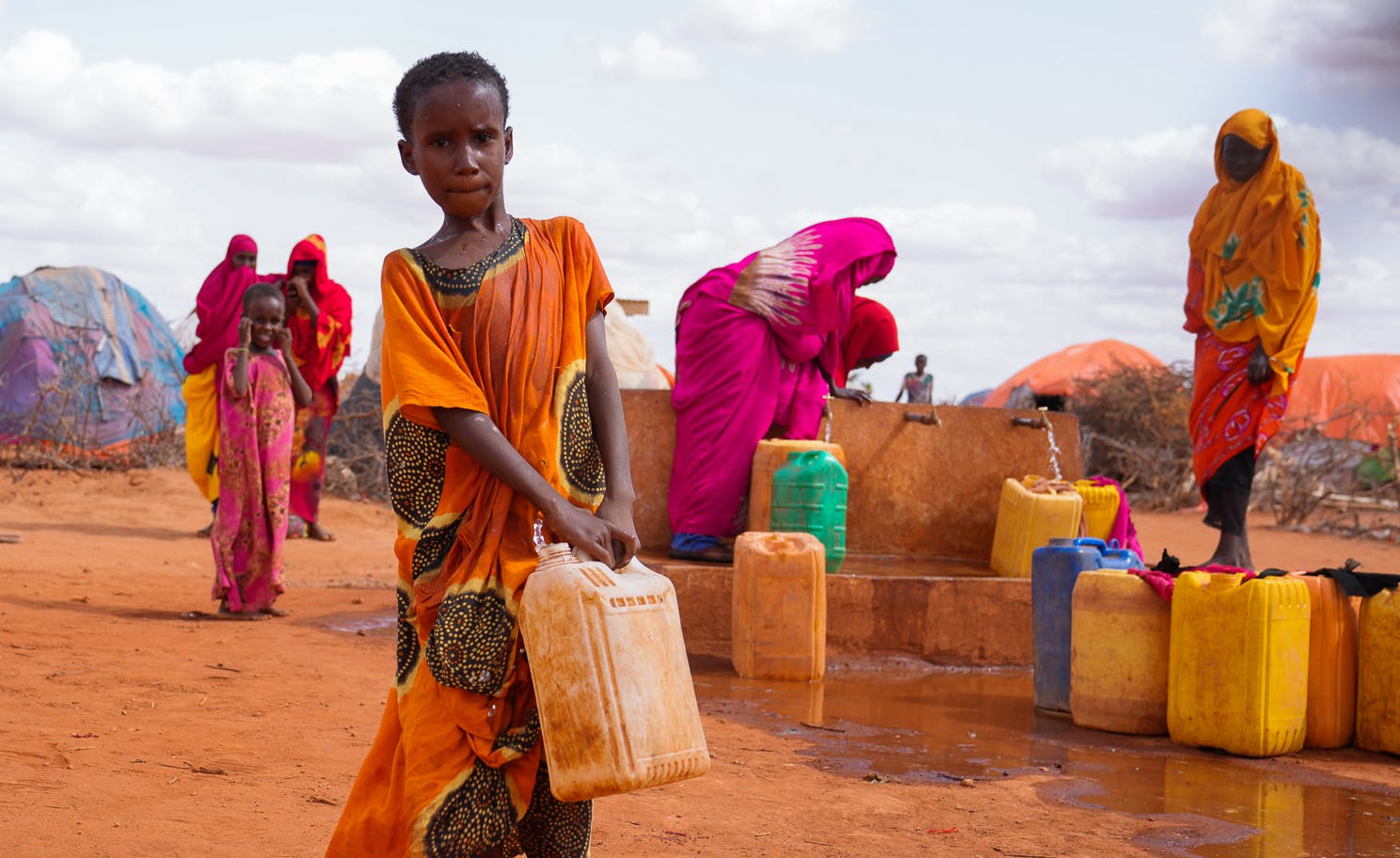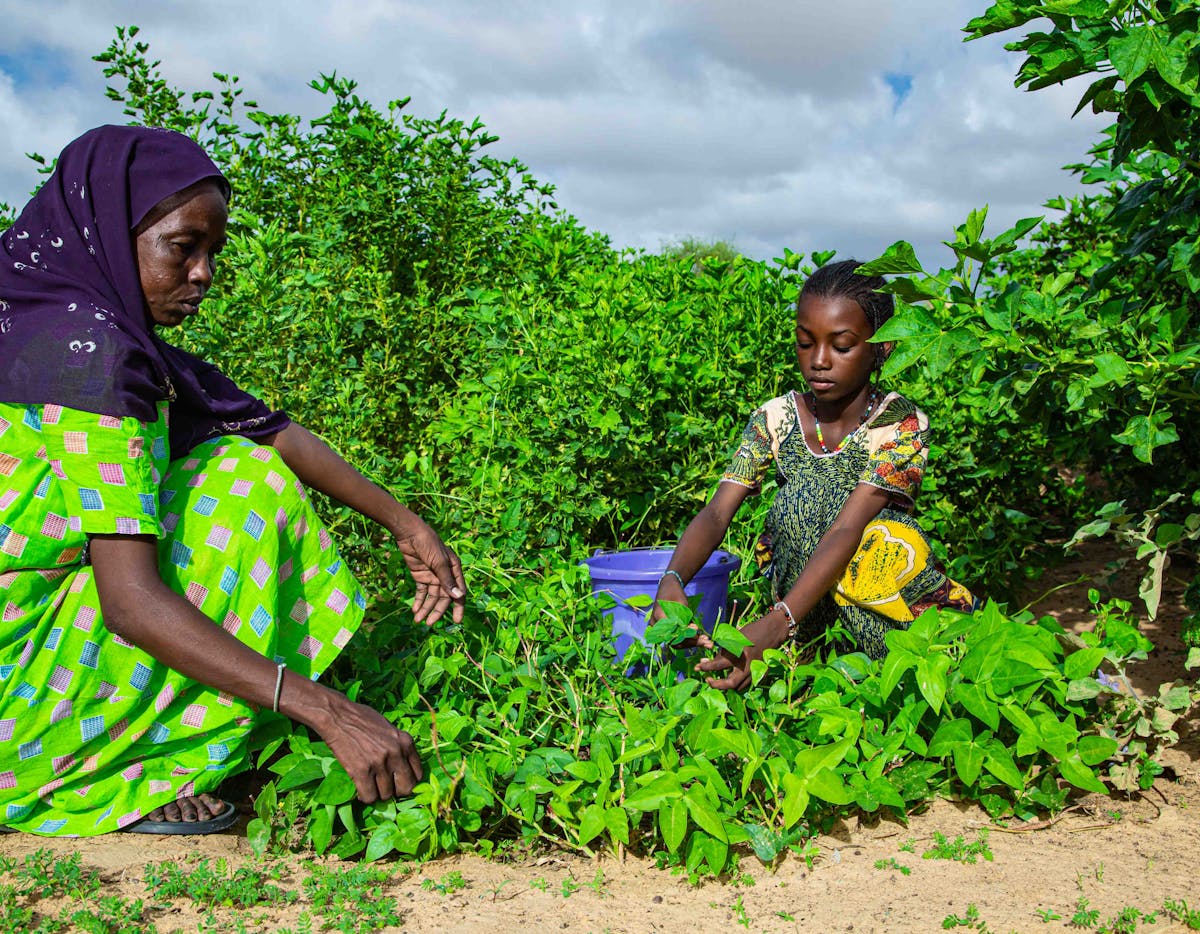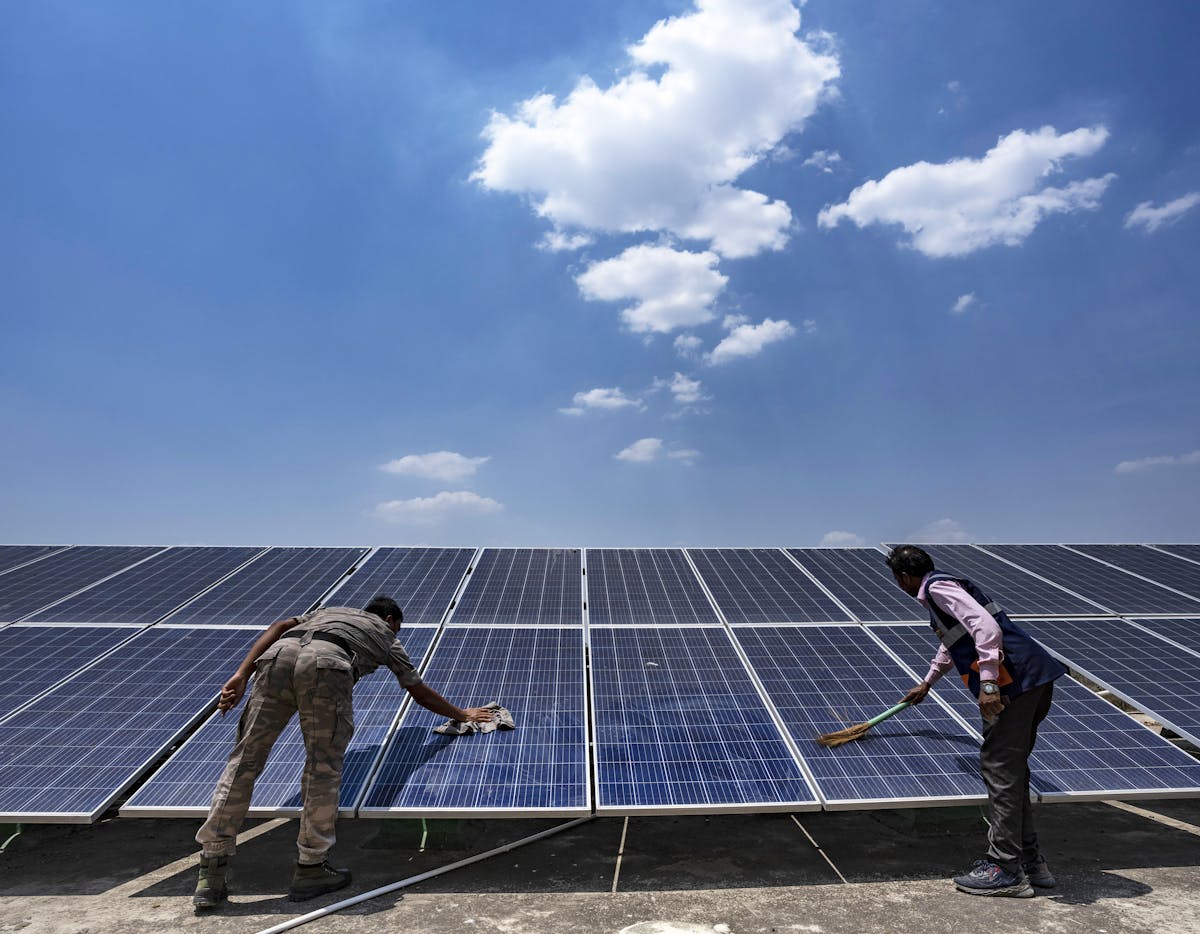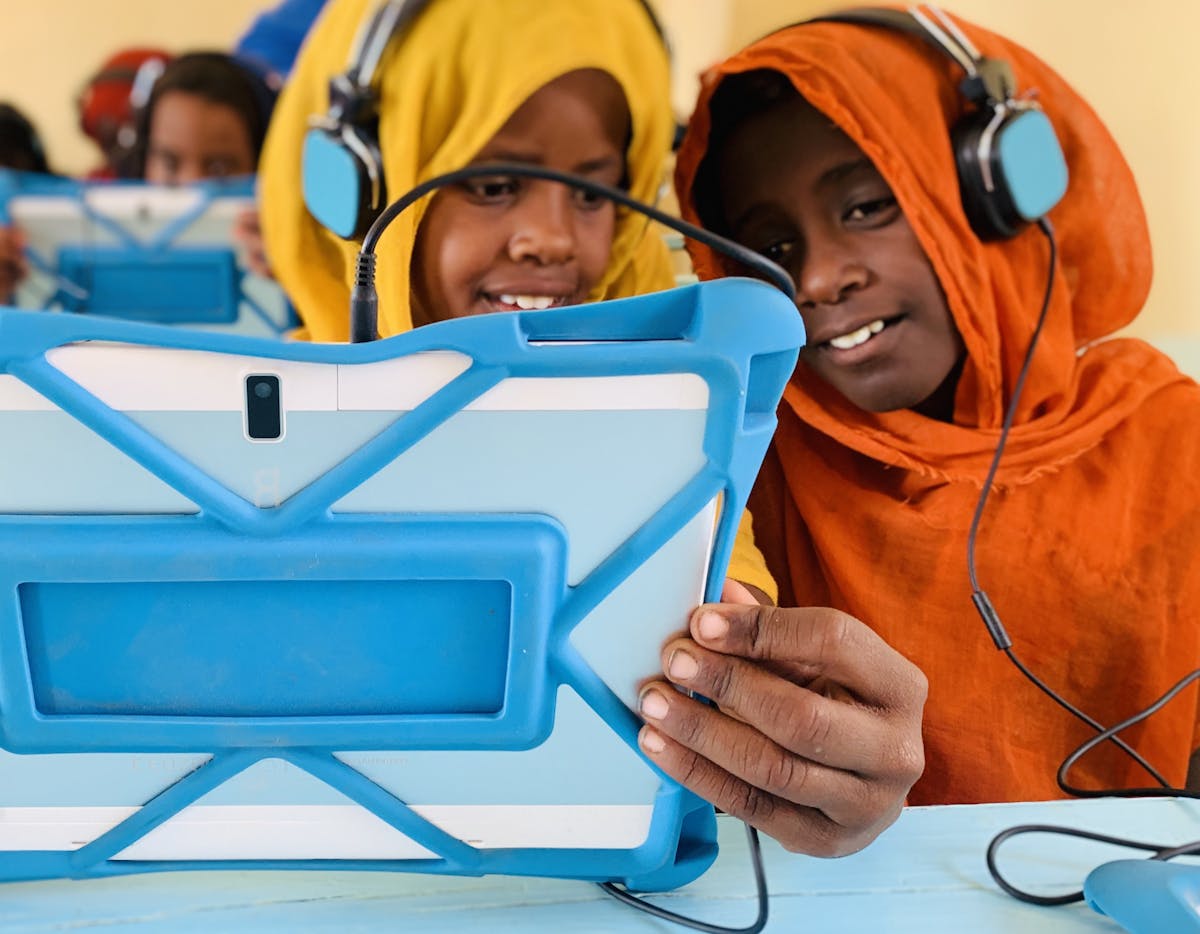
The Climate Crisis
Home
Our Work
Climate
Climate change is here. It doesn’t discriminate and it doesn’t do borders. The world is in a state of emergency with over 1 billion children at risk of more frequent and destructive climate hazards – cyclones, disease, flooding, heatwaves and droughts.
We all believe that a liveable planet for kids isn’t just a luxury, it’s a right. This means addressing the causes of the climate crisis by switching to other forms of renewable energy, coupled with a rapid reduction in emissions - in accordance with the Paris Climate Agreement.
To make sure rangitahi around the world are protected from the unfolding climate crisis right now, UNICEF has been working for years to implement innovative adaption and mitigation programmes.
5.4
million
people were supported with climate-resilient water systems in 2023.
1
billion
children are at risk of destructive climate emergencies.
90
%
of the world’s disasters today are climate related.
The Climate Crisis
Is a Child Rights Crisis
It robs children of their ability to grow up happy and healthy and it undermines nearly every right of a child as enshrined in the Convention on the Rights of the Child.
It’s the kids of today that lose out. A child that can’t go to school due to an earthquake or flood, misses out on the opportunity to learn. A child that can’t get access to safe and clean water, because of a drought, is victim to illnesses and disease. It’s a future that’s potentially lost. But it doesn’t have to be.
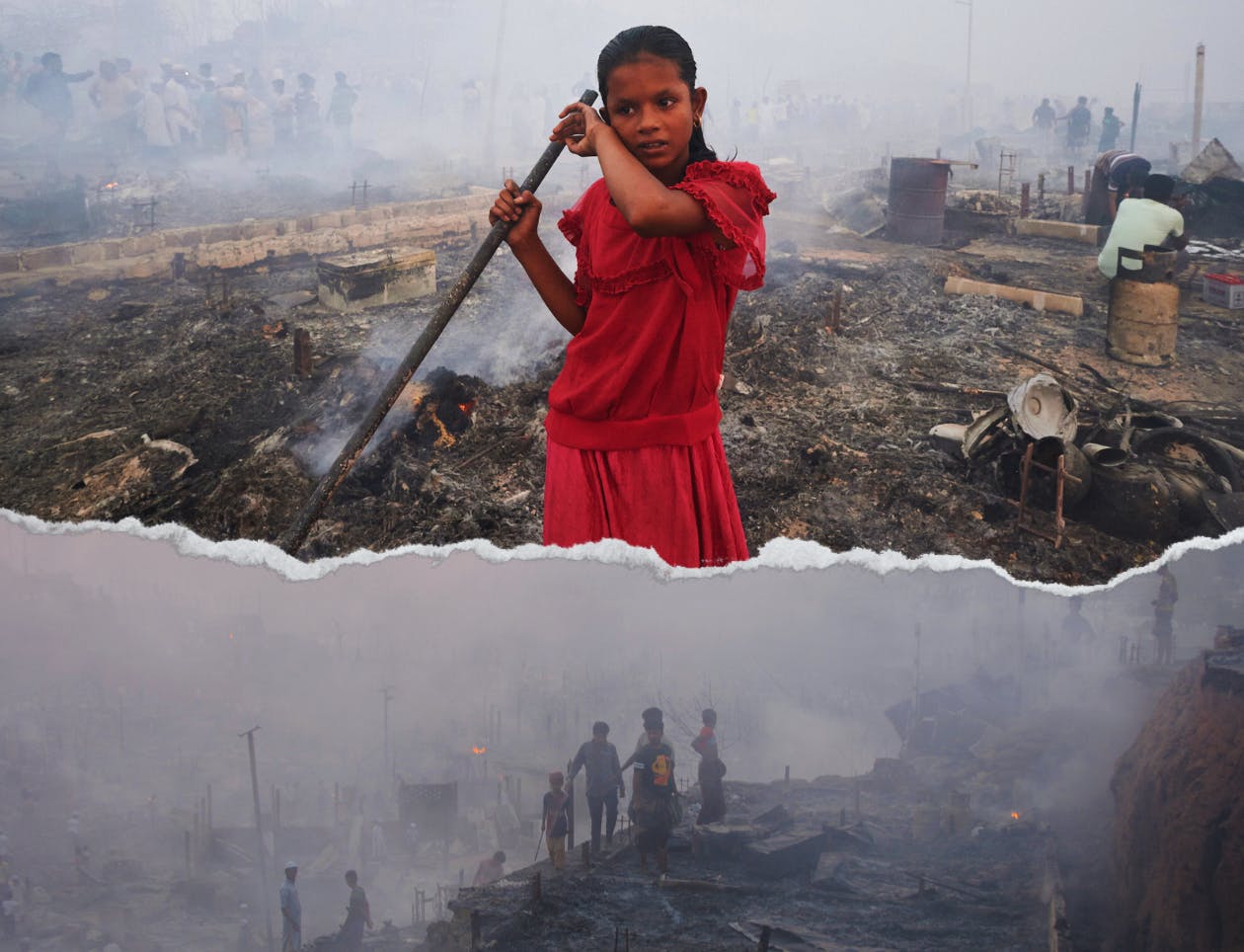
UN0798775/UN0796336


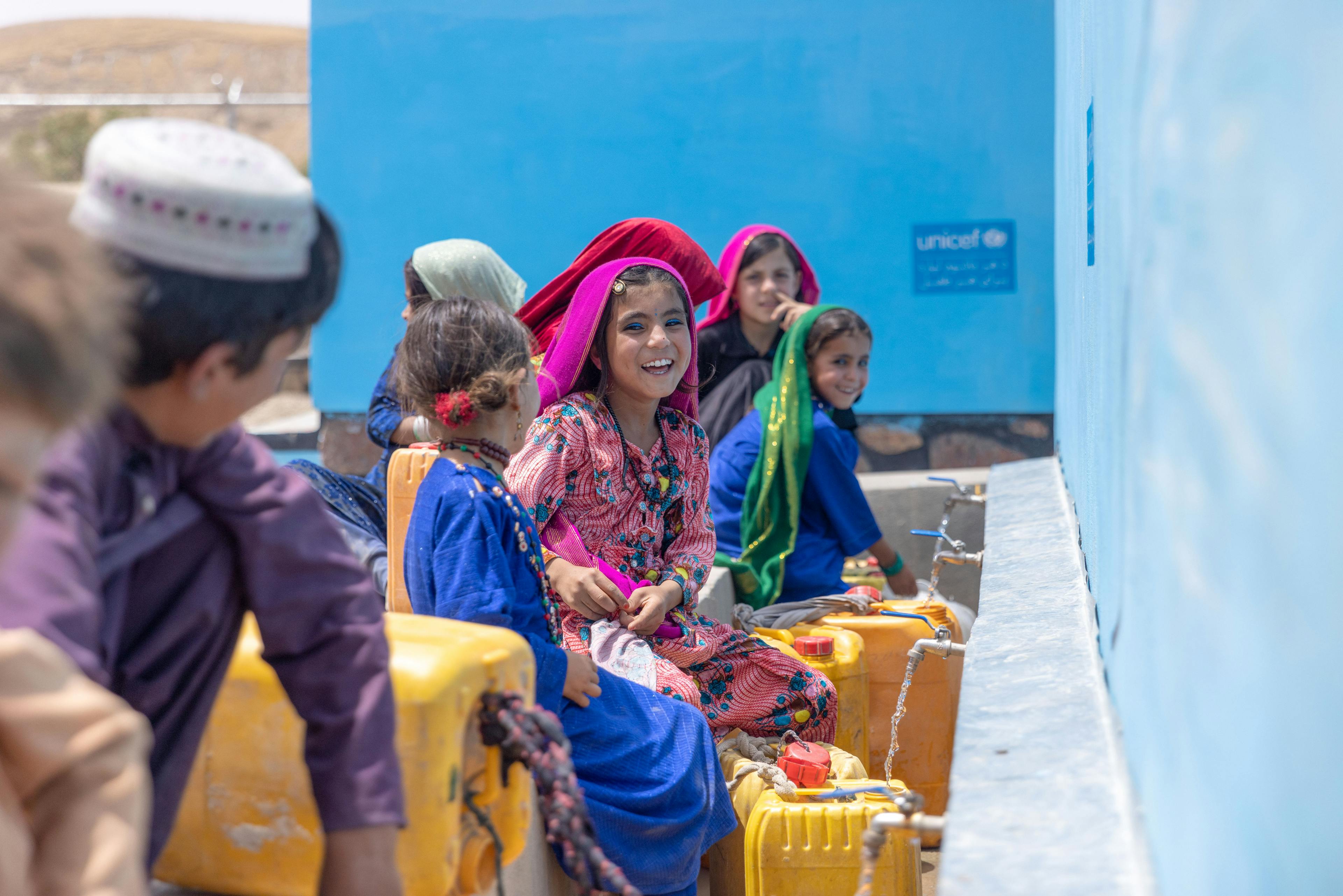
UNI418634
Worldwide we’re harnessing innovative technology and fresh thinking to:
Source renewable water.
Strengthen communities with access to multi-purpose solar power technology helping them grow nutritious crops and provide sustainable energy for health care and education centres.
Designing climate resilient systems that provide fast, effective support for when a disaster strikes.
Ultimately, we’re building climate sustainable communities that are thriving. But our hard mahi isn’t just focused overseas! At home we’re advocating and lobbying our governments to create systemic change for every child in Aotearoa.
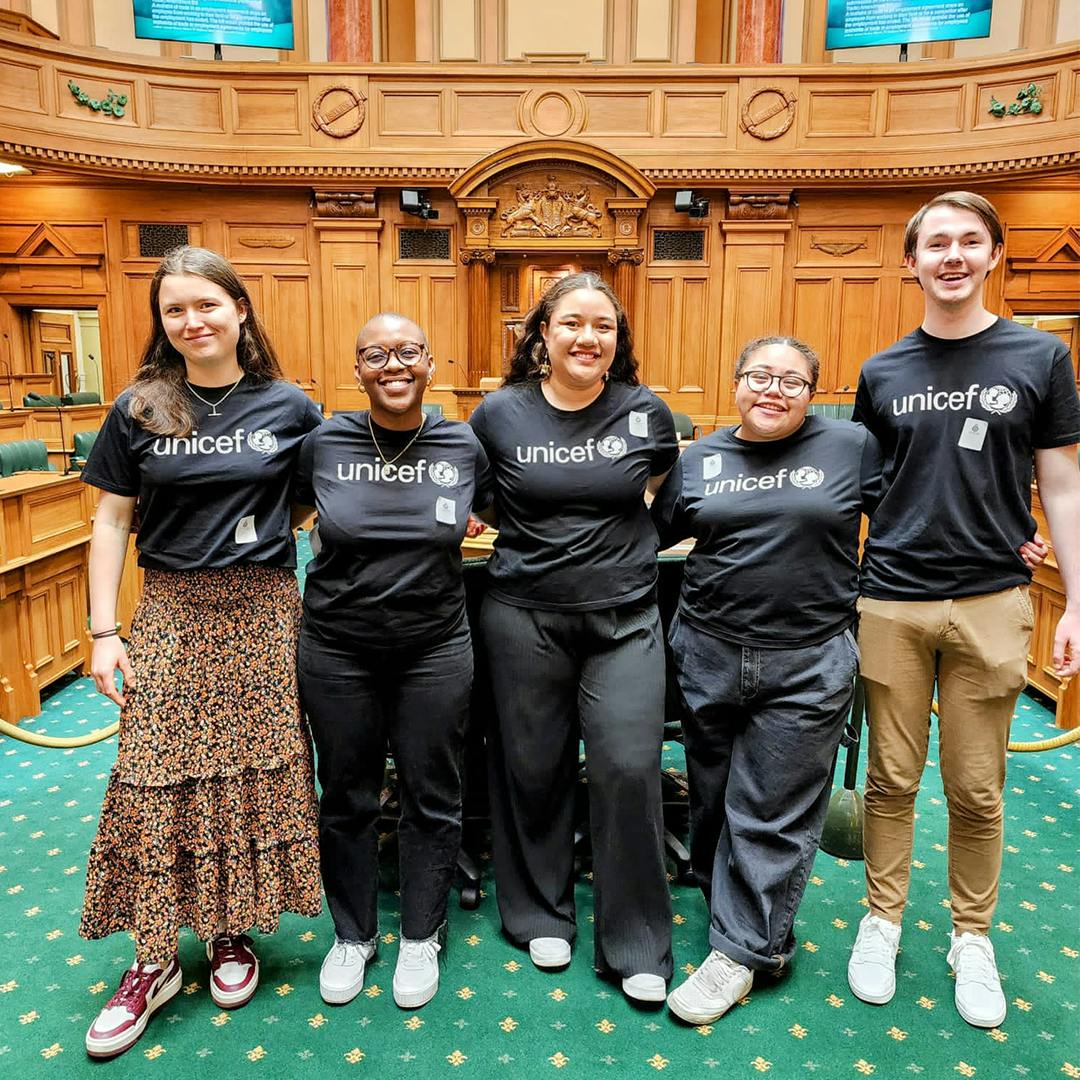
Climate action-
from Cape Reinga to Bluff
UNICEF is working on creating systemic change to protect and help represent rangitahi across all of Aotearoa. We’re kicking climate change to the curb, by implementing climate action as one of the three key priority areas in the UNICEF Aotearoa Domestic Advocacy Strategy 2023-2028.
By continuing to elevate youth voices, we’re keeping our finger on the pulse. In 2023, the UNICEF Aotearoa Young Ambassadors embarked on a national kōrero to hear directly from rangatahi across the motu. We identified the most pressing challenges and compiled the Rangatahi Pulse Check brochure to engage politicians and decision-makers about what young people are saying is important to them about climate action.
The YA's will also play a significant role in advocating for change in November. There is no better global platform for their voices to be heard on the climate discussion, than the United Nations Climate Conference (COP28) in Dubai. They'll get a front row seat to climate forums, where they'll be connecting and sharing ideas with other policy makers and experts on the Sustainable Development Goal 13 - Climate Action.

UNI74782/UN0570020
Stable force in
an unstable climate
The planet is in a state of emergency right now and we’re ready to act! No flood, no drought, no earthquake, nothing can stop us. We’ve been responding to over 300 emergencies every year with a staggering 90% of the world’s disasters today being climate related.
UNICEF is always one step ahead because you never know when a climate crisis will hit. They’re not one-time shocks; their impact can last for years. In 2022, UNICEF donors helped us respond to a total of 442 humanitarian crisis across 128 countries. By having a presence in 192 countries we’re able to be there at a moment’s notice. Our speedy supply and logistics team, work around the clock to send pre-packed kits and life- saving supplies in just 48 hours.
Because we’ve been on the ground in Libya since 1957, we could urgently mobilised vital supplies when Storm Daniel hit in September 2023. In 2022 it was no different. We were there to support the catastrophic flooding in Pakistan, and provided food and healthcare for the kids in Horn of Africa dealing with a once in a generation malnutrition crisis caused by years of devastating droughts.
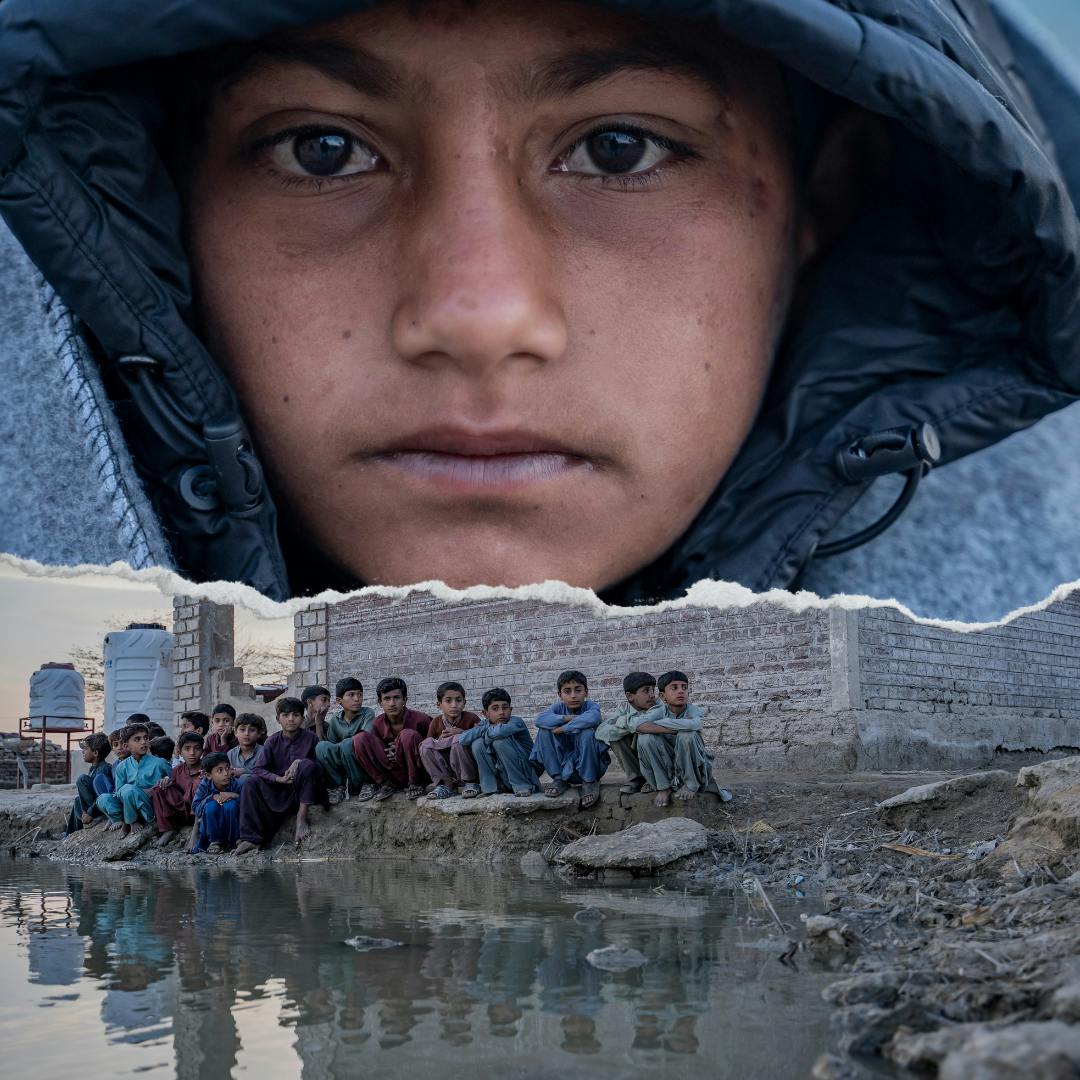
UN0761221/UN0761217

UN0292471
Our work doesn’t stop at delivery. We also help build long lasting systems to help vulnerable kids and their families. Like our Scaling up Nutrition programme in Zambia where females are growing their skills in sustainable farming and using the land to produce local crops to help combat hunger in their community.
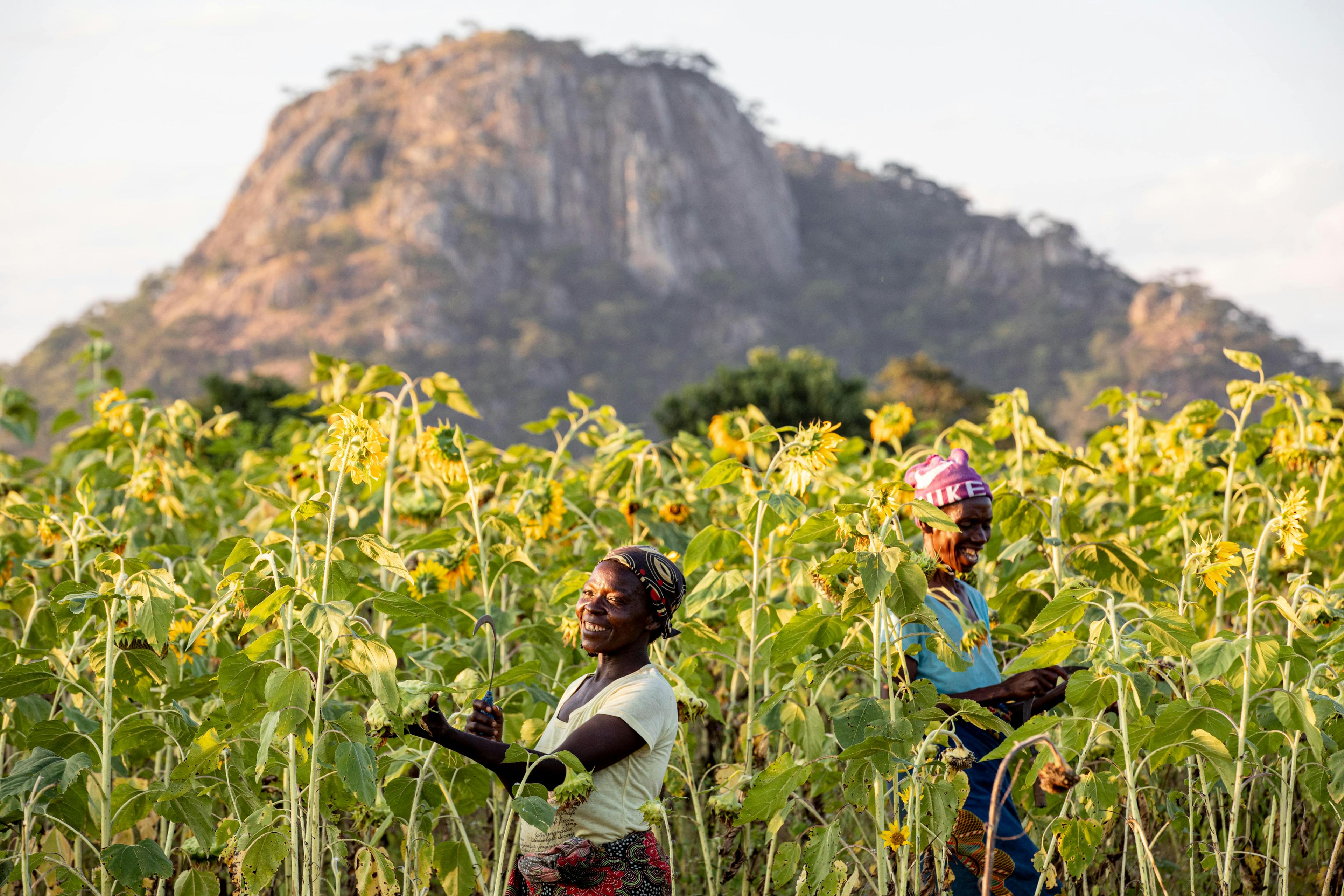
UN0663897
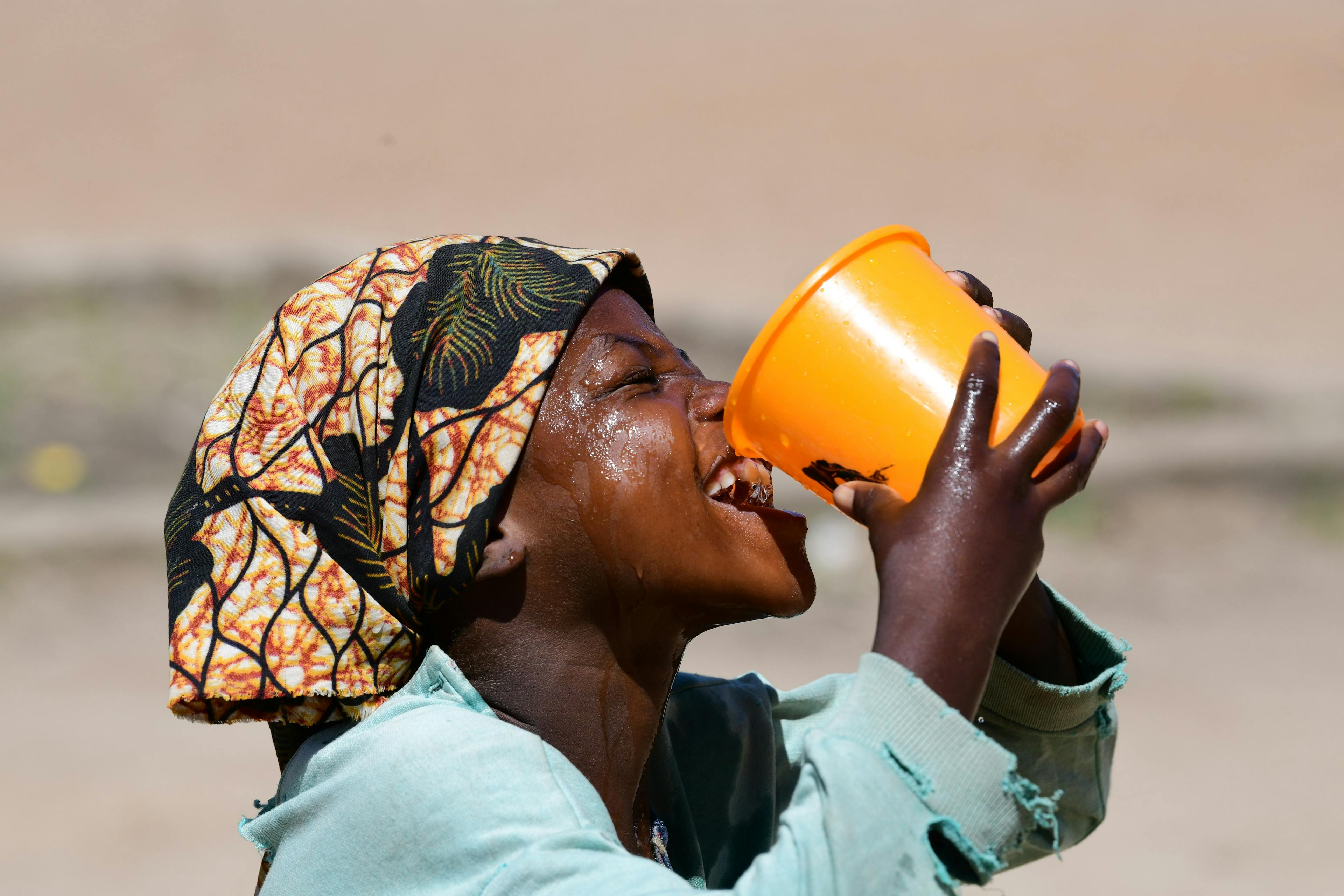
UN0469332
Roadmap to building a
strong eco foundation
Water is a vital source of life. However, there are still 1.42 billion people living in areas of high or extremely high water-vulnerability. To combat this, we’re harnessing a truly high-tech data-driven technology, the More Water More Life Project.
This project uses satellite imagery to find ground water before drilling in dry and harsh terrain throughout sub-Saharan and Southern Africa. Saving time, and money. It’s a match made in heaven. This innovative new technology has seen drilling success rates nearly double in Ethiopia, increasing from 50% to 92%. Having access to clean water means flourishing crops, growing livestock and thriving health for 1.2 million people including 740,000 children.

Shining Solar Solutions
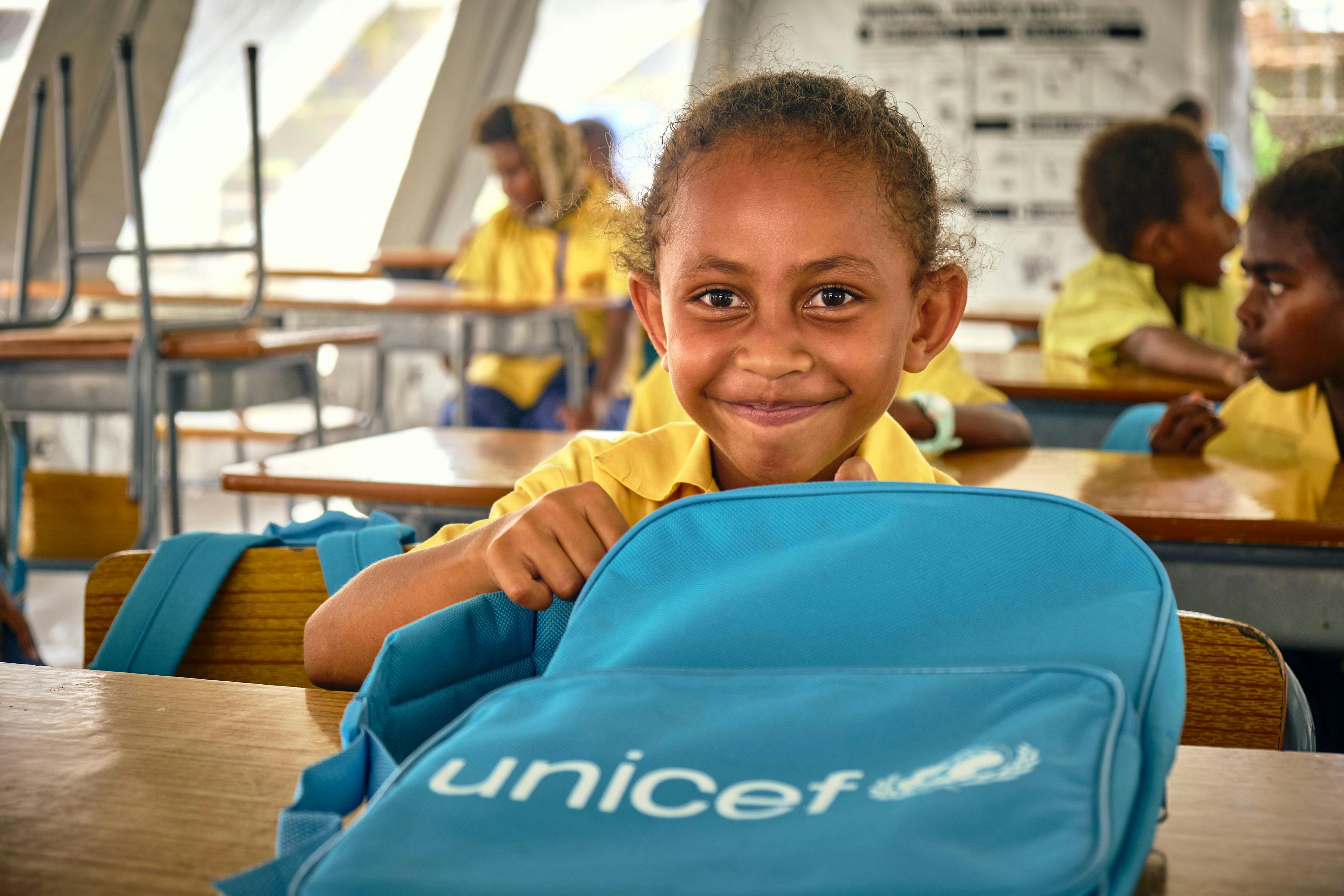
UN0820669
Blue sky thinking in the Pacific
UNICEF has launched the world's first climate-change financing solution that’ll protect more than 13.5 million children and families. This revolutionary new fund is all about strengthening all our systems today to reduce the impact of a weather event, while insuring for what may happen tomorrow.
The Today Tomorrow Fund is not just adapting our programmes to climate change - it’s also changing how they’re funded. For the first time, we can now insure kids against the impact of a severe weather event. The pay-out is immediate because it’s based on wind speed, rain and the child population in the area. This means we can provide faster availability of funds, speed up our disaster response and be there when kids need us most. Like seven year old Keziah, who is happy to be back at school and to be able to open her new UNICEF backpack at the École Publique Centre Ville after Cyclone Judy and Kevin hit Vanuatu.
This initial 3 year trial is spread across 8 countries where children are most impacted and vulnerable in the world. Three of these countries happen to be in the Pacific - Fiji, Vanuatu and the Solomon Islands – so we’ll be able to see the positive impact it’ll have on kids, right here in our neighbourhood.

UN055820


This is only the beginning. Let’s not slow down the momentum for climate action!
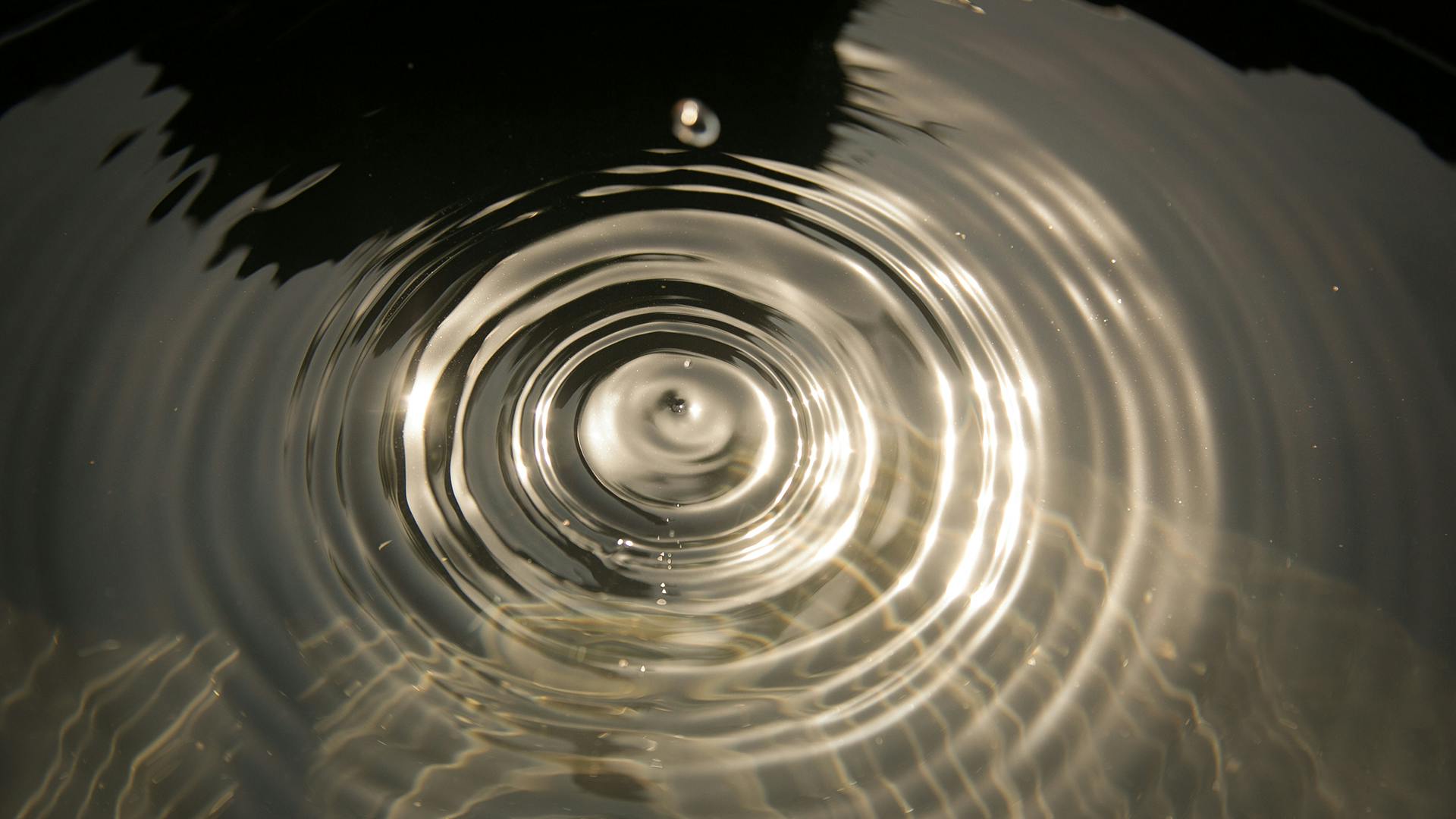
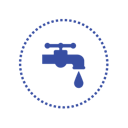
Water and Sanitation
►

Shelter and Protection
►

Health and Medicines
►

Nutrition
►

Education
►

Vaccines
►
By giving
$26 NZD
/month
you could give 10 collapsible water containers for families displaced after a climate emergency.
Enter a custom gift amount instead
Donate monthly
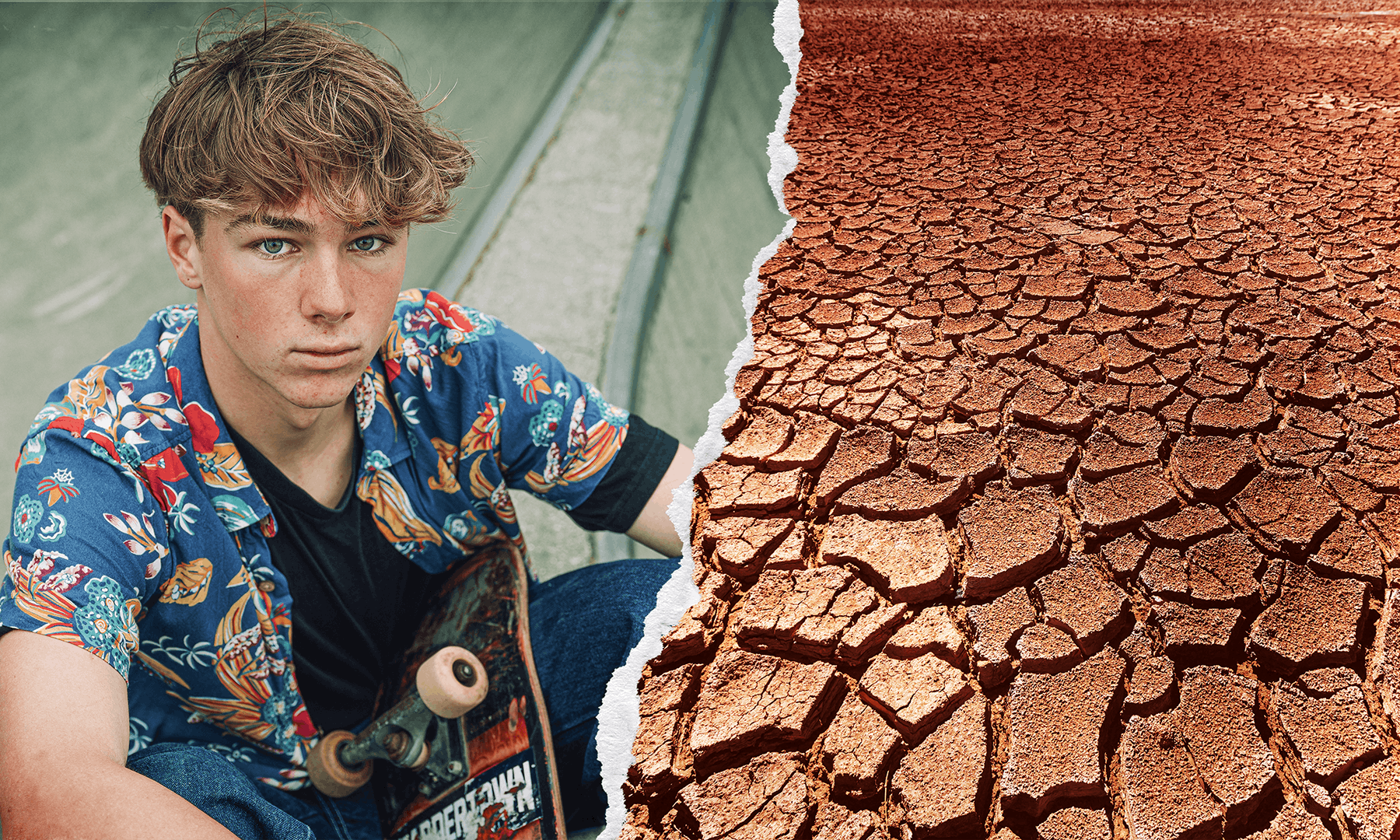
Declaring for Climate Action
We’ve created a petition asking the New Zealand government to declare the climate crisis a children’s emergency in parliament.
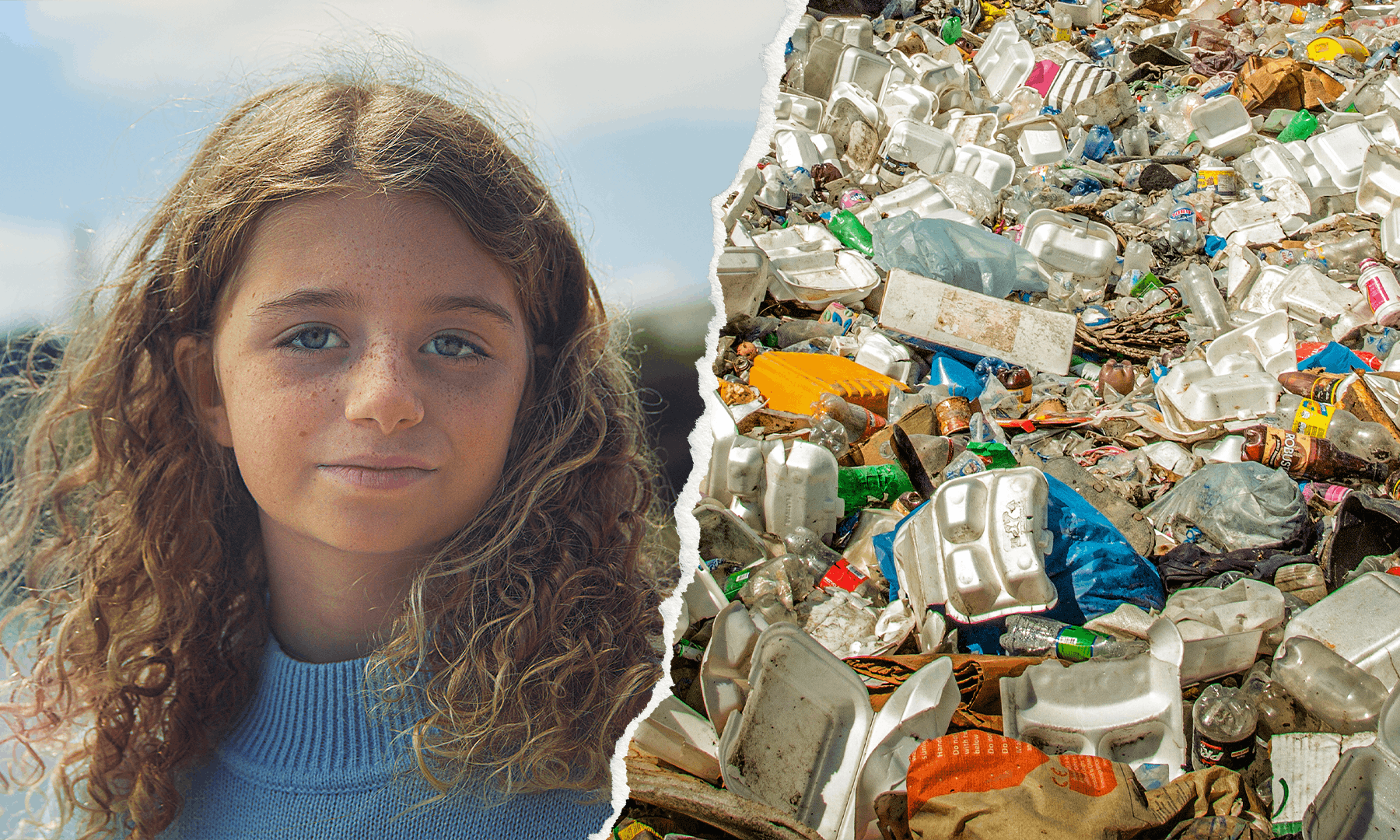
Putting Children's Futures First
Children and young people are the least responsible for the climate crisis, but they’ll continue to bear the heaviest burden. The Declaration of Children, Youth and Climate Action is putting children at the centre of climate action and policy to protect their futures.
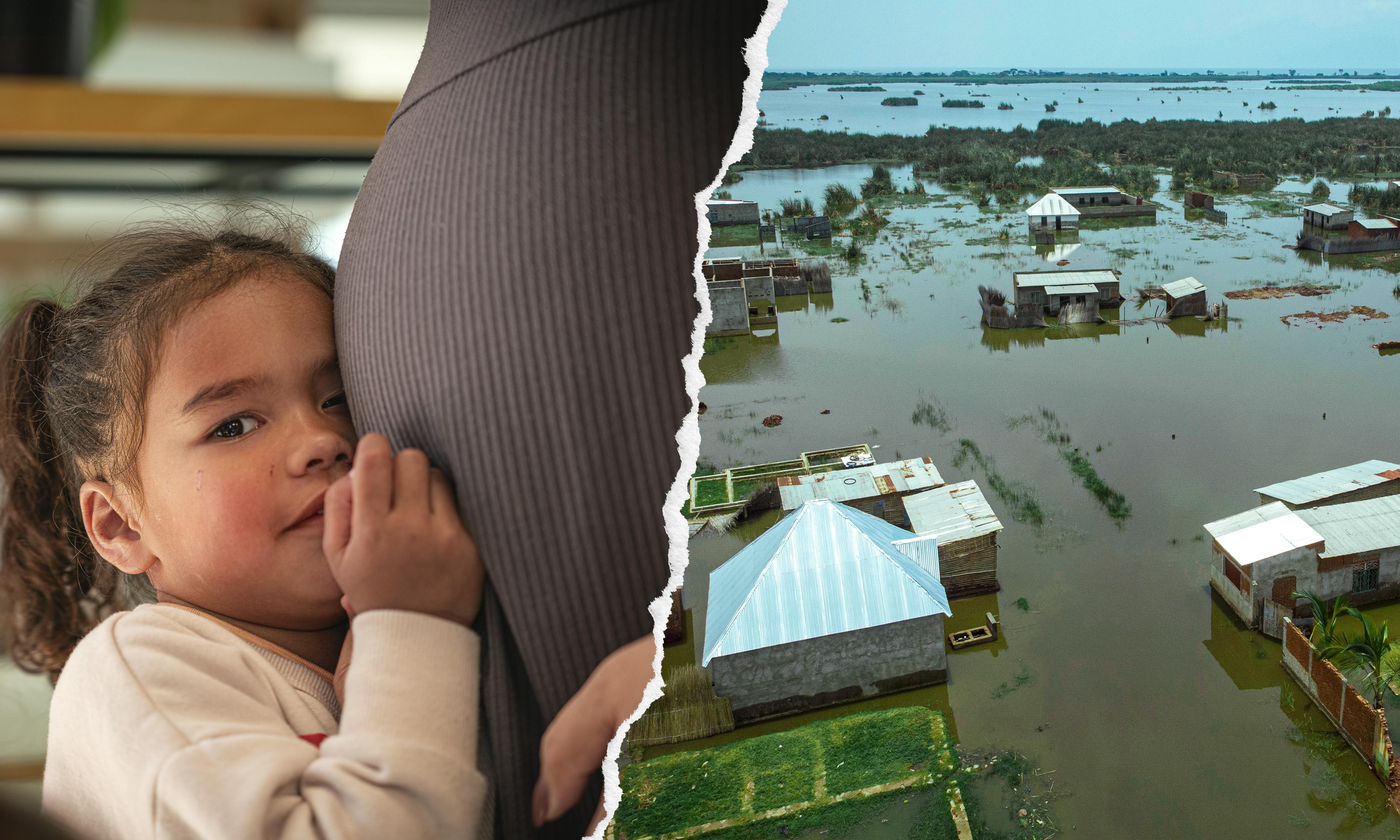
The Power of Petition
A symbol of group strength and a unified voice, petitions have brought about real action and change throughout the ages.

